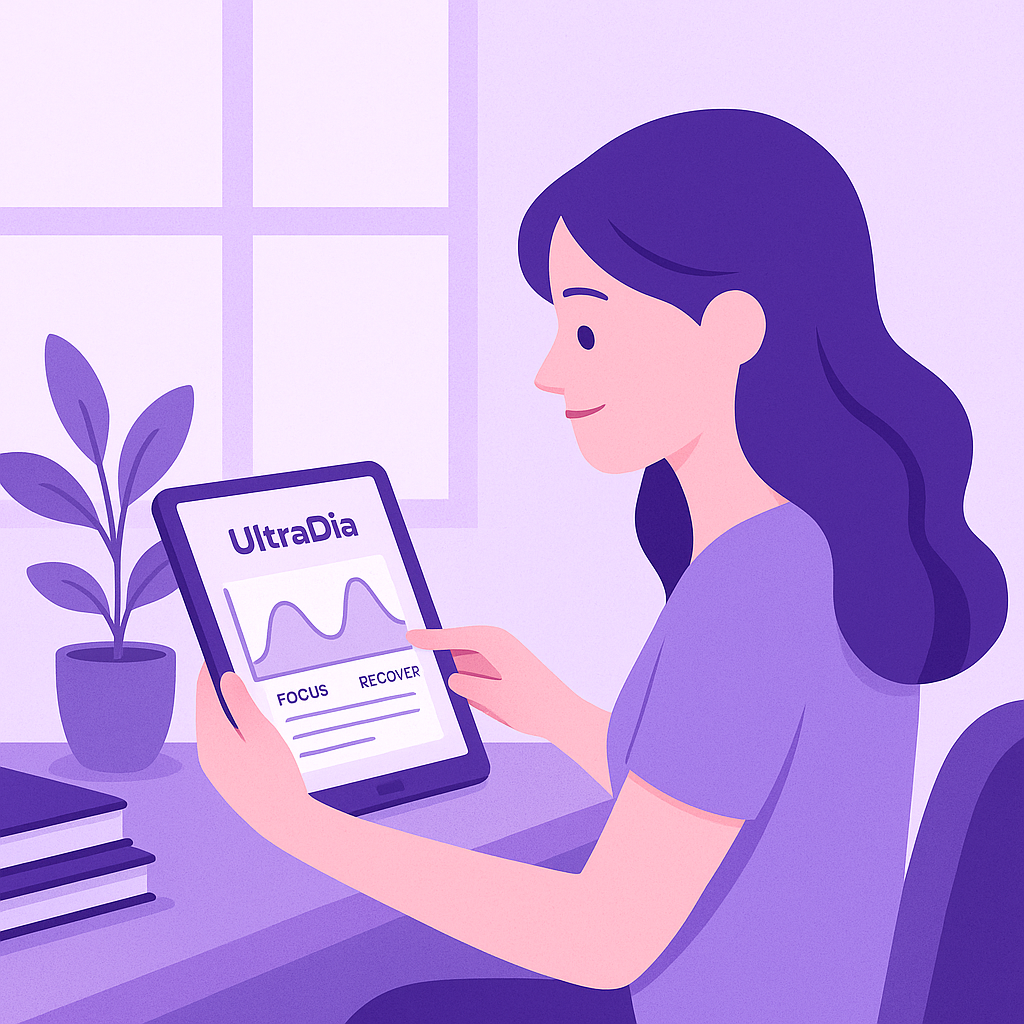It’s Not You. It’s Your Rhythm

You start strong. Maybe you’re flying through your first tasks, ideas clicking. But by midday, everything feels heavier. You’re jumping between tabs, getting nowhere.
You blame discipline. Motivation. Maybe even yourself. But what if the real issue is timing?
There’s a Rhythm Behind Your Focus
Most people have heard of circadian rhythms, the 24-hour sleep cycle. But underneath that is a faster loop called the ultradian rhythm.
About every 90 to 120 minutes, your brain shifts gears. First, you’re alert and focused. Then you hit a dip. Not because you’re weak — it’s just how the system recovers.
Push through it, and your mental clarity drops. Align with it, and things get easier.
So What Do You Actually Do With That Info?
You don’t need to take a nap every two hours. But switching tasks, walking, breathing, or closing your eyes for a minute? That works.
Even tiny breaks can restore your capacity to focus. That’s why top athletes, artists, and performers train in intervals. NASA saw similar results with pilots. Performance rose when rest followed rhythm.
Why I Built UltraDia
I didn’t want to create another to-do list. I’ve used them all, and none of them worked when I was burned out or out of rhythm.
UltraDia started as a personal solution. I wanted a system that worked with how I actually felt — one that guided me when to lean in and when to back off.
So I built a tool that does just that.
- You log your wake time
- If you track HRV, we can factor that in
- UltraDia maps your energy and shows you when to focus and when to recover
It’s not just smarter planning. It’s rhythm-aware execution.
If You’ve Been Feeling Off, This Might Be Why
Struggling to focus doesn't mean you're broken. It just means you're running out of rhythm.
UltraDia helped me get back into sync. And now it's helping others too.
You don’t need more willpower. You need better timing.
🔬 Want to See the Research That Inspired This?
-
Ultradian Rhythms – ScienceDirect Overview
A broad summary of ultradian rhythms in neuroscience, covering how these biological cycles regulate alertness, hormonal activity, and brain states. -
The Role of Deliberate Practice in the Acquisition of Expert Performance – Ericsson et al.
Found that top performers across domains train in focused intervals of 90 minutes, mirroring natural performance rhythms. -
Circadian and Ultradian Rhythms of Performance – Folkard & Åkerstedt
Explores how performance varies across the day in predictable cycles, and why timing your work with these rhythms matters.
These aren't productivity hacks — they're grounded in biology. UltraDia turns that science into strategy.
Ready to stop guessing and start flowing?
Join the Waitlist– Josh, Founder of UltraDia